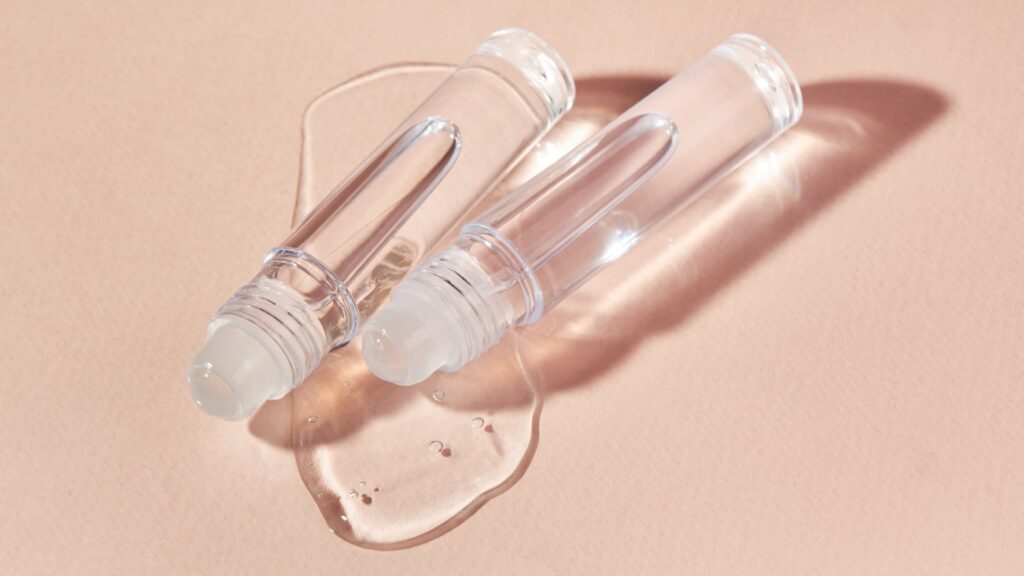Lip oils have become more popular among beauty consumers in recent years. Like lip gloss, the oil gives your lips a shiny look, but also doubles as a skincare product designed to hydrate your lips.
“When they’re doing the right thing, lip oil can promote glow and hydration, and even promote plump lips,” says Dr. Rebecca Small, a clinical professor at the University of California, San Francisco.
But the ingredients are important, Small says. “Patients may report increased lip pigmentation as a result of using these products.”
Popular lip oils have started the tiktok trends with photos of women showing their lips before and after consistent use of the product. Social media users, primarily women of color, experienced the intense pigmentation they claim, is a result of adding lip oil to their skincare routines.
Here are some reasons why certain lip oils are causing hyperpigmentation and what to consider when choosing a lip oil product:
“Lip oil will enlarge UV exposure” If SPF is not included
Understanding lip anatomy is an important first step towards a clear understanding of why certain lip oils cause pigmentation, says Small.
The skin on your lips is much thinner than the skin on your face, making you more susceptible to dehydration and sun damage, she explains. “It doesn’t have the same type of UV protection as the rest of our skin, and it’s prone to cancer (and) hyperpigmentation.”
The skin condition that people may be experiencing is after post-inflammatory pigmentation. This is when skin inflammation leads to increased production of melanin and darkening of certain areas of the body.
“For example, if you’re using products that don’t have UV protection, you’ll expand your UV exposure with lip oil. So if you don’t have SPF, you’re more likely to get PIH,” she says.
“And sometimes, if your product has ingredients that make the ingredients plump, those plump materials can become irritating.”
Another possibility is that people are developing dermatitis. This is very common after using a scented product. “Irritant-related or allergy-related dermatitis makes the lips and other areas of the body red, scaly (and) uncomfortable,” says Small.
If your lips are feeling pain, it is important to look at a medical professional. And you should immediately stop using any product that appears to be causing these symptoms.
What to consider when choosing lip oil
Not all lip oils will have the same effect on your lips, and some lip oils can even improve your skin health.
“People give a little hint to see what the ingredients are, not just looking at the brand name.
“I think the safest option for lip oils that hydrate and truly nourish your lips, especially outdoors, is to have a wide spectrum SPF.”
Below are some of the recommendations she shared about what lip oils she uses and what to avoid.
do
Broad spectrum spuffuric acid such as evening primrose oil and grape seed oil skelaneglyceric acid
it’s not
Fragrances such as peppermint, cinnamon, citrus fruits, or lavendalic acid, such as argan oil or olive oil
“I think lip oil is great if the lip oil has the right ingredients,” says Small. “What’s without a scent is what you’d like to look for in lip products. And you can go for more traditional lip balms. The lip balm is thicker. It’s wax-based and protective.”
Do you want to stand out, grow your network and get more employment opportunities? How to sign up for CNBC’s Smarter to build a standout personal brand online, online, in-person, in the workplace. Learn how to showcase your skills, build a great reputation, and create a digital presence that AI can’t replicate.
Additionally, we request that you sign up for CNBC to connect with experts and peers in our newsletter, money, and life to get tips and tricks for success in the workplace.


